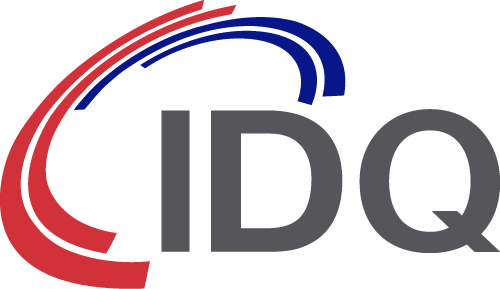Korea to invest $2.3 billion in quantum science and technologies
In June, South Korea hosted Quantum Korea 2023, during which President Yoon Suk Yeol announced plans to create a knowledge-sharing platform for researchers in quantum science.
President Yoon was joined by such luminaries as John Francis Clauser, the Nobel Laureate in Physics 2022, Charles H Bennett (the developer of the first quantum cryptography protocol) and Choi Soon-Won, a Korean Professor from MIT.

Designed to establish South Korea as a global hub for quantum expertise, the announcement coincides with the publication of a new Quantum Science and Technology strategy, announced by Lee Jong-ho, the Minister of Science and ICT, that will see $2.3 billion (₩3 trillion) invested by 2035. The initiative includes ambitious plans for Korea to become the world’s fourth largest quantum power. This would require an increase in the share of the global quantum technologies market from the current level of less than 2% to 10%. Specifics include the creation of a 1000 qubit quantum computer and a significant investment in developing a domestic pool of quantum experts. With this latter goal in mind, the government has plans to create 2,500 skilled personnel with doctorate degrees in quantum research. Part of its strategy for meeting this objective it to scale up the 1,000 bachelor’s and master’s level graduates to a target of 10,000.
According to Minister Lee the strategy was informed by discussions between President Yoon and members of the Swiss Federal Institute of Technology earlier in the year. In addition to the development of a general purpose quantum computer by 2031, a 100km quantum network will be implemented to promote inter-city communications. State funding will also be used to build several quantum labs, dedicated to quantum research, and to incentivise the foundation of new quantum start-ups.
The Ministry of Science and ICT further strengthened its ties with global industry by signing a memorandum of understanding with IBM and IonQ Inc that will see both organisations sending researchers to South Korea. “For Korea to be a powerhouse in quantum technology by 2035, the industry, academic institutions, and the government must join hands to go the extra mile” said Lee.


